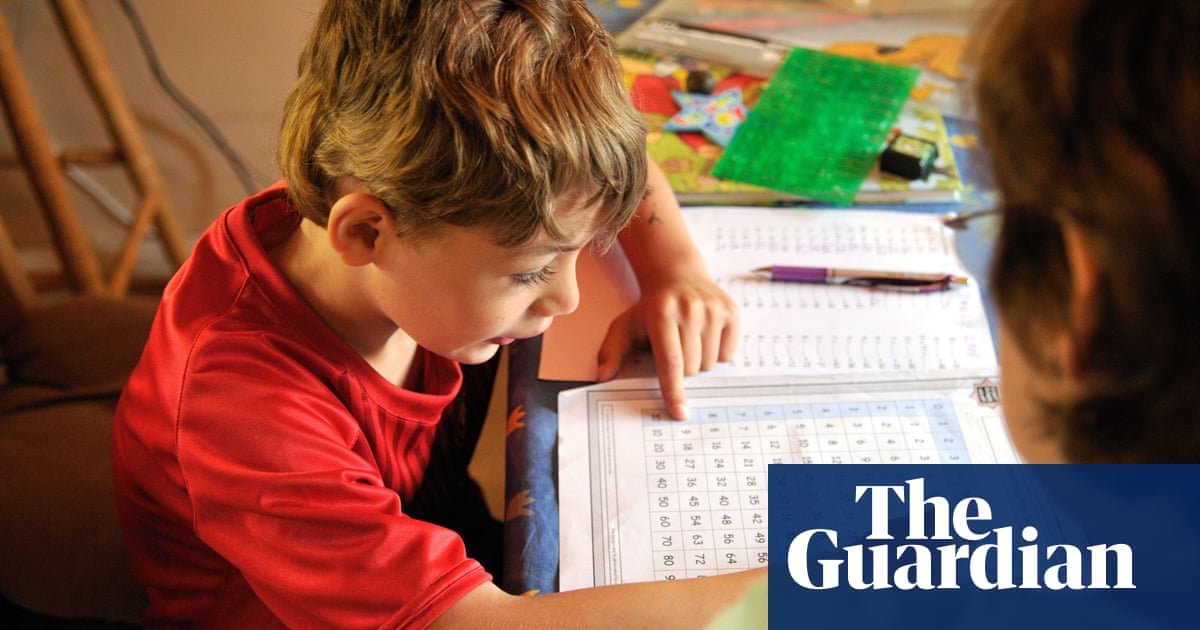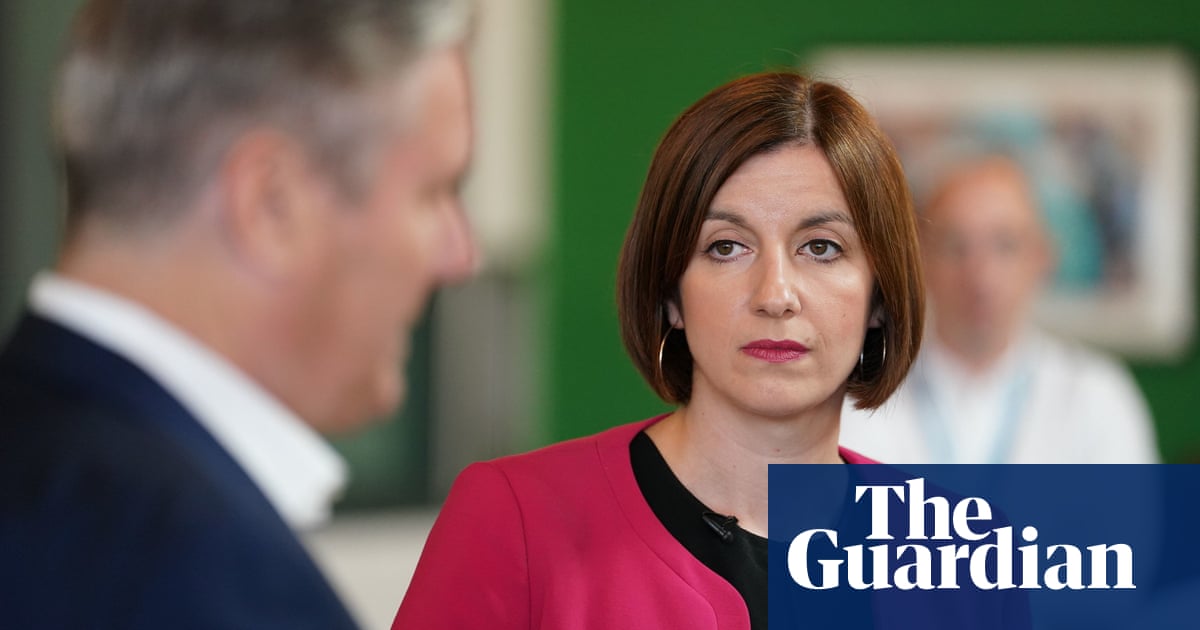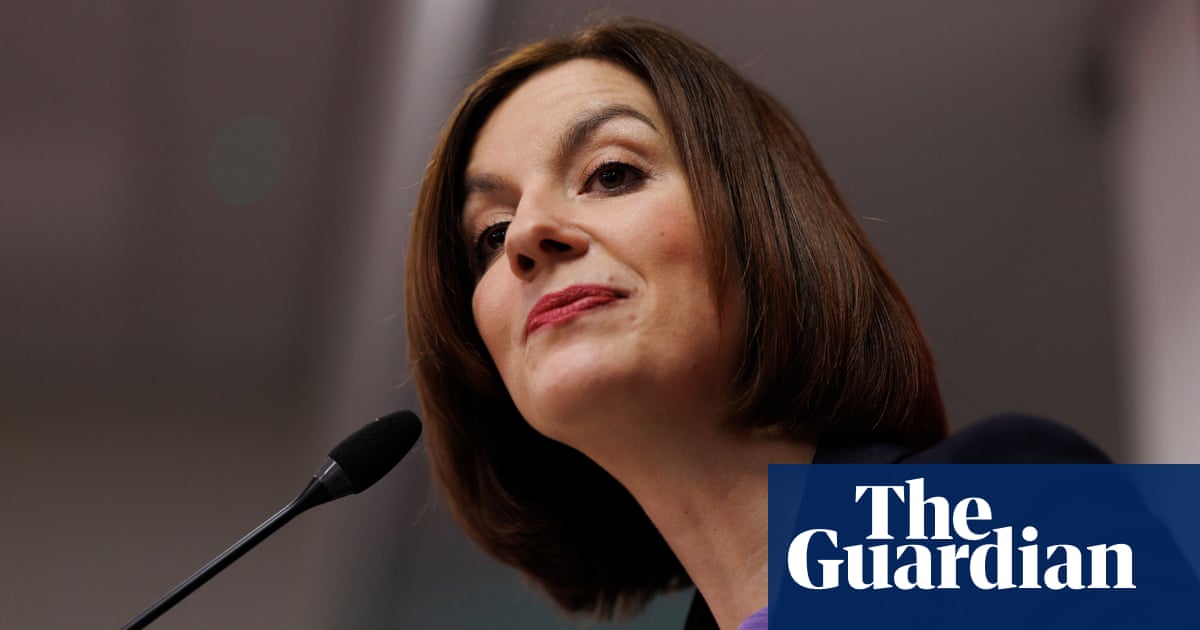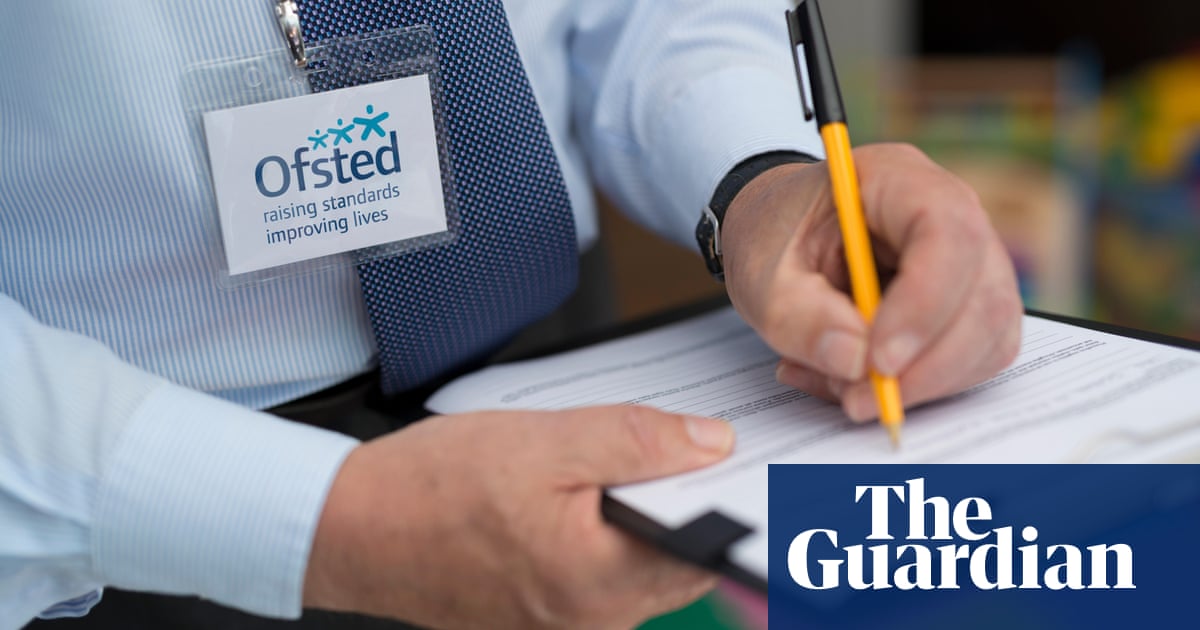
A Labour government would legislate for a compulsory national register of home-schooled children as part of a package of measures designed to tackle the problem of persistent absence in schools in England.
The proposed legislation would place a legal duty on councils to keep a register of all children who are not in school, and on parents to provide information about their child’s education at home.
Labour would also use artificial intelligence to identify absence trends by “joining up existing records for children and improving coordination between education, social care and the wider services that support families”.
There are further plans to empower the schools inspectorate, Ofsted, to review absence as part of annual safeguarding spot-checks, as well as the introduction of evidence-based early language interventions, increased mental health support and universal free breakfast clubs to help increase attendance.
Tackling historically high levels of absence since the disruption of the pandemic has become a priority issue for political leaders in what will almost certainly be a general election year, with more than a fifth (21.2%) of pupils in England “persistently absent” – missing 10% or more school sessions – across the autumn and spring terms 2022-23.
The shadow education secretary, Bridget Phillipson, is expected to set out her plans in a speech on Tuesday, the day after the Conservatives announced their plans to tackle persistent absence, which include a further 18 school “attendance hubs” run by schools with strong attendance records who share their expertise, and a national campaign stressing the importance of attendance.
Labour backed earlier government plans for a compulsory national register of home-schooled children in the 2022 schools bill, but it slipped down the agenda when the legislation was scrapped. Gillian Keegan, the education secretary, has since said a register remains a priority for government, but there is no way to carry it forward.
In a speech to education experts at the Centre for Social Justice, Phillipson will pledge to rebuild what she sees as the broken trust between schools, families and government under the Conservatives that has led to historic levels of absence from school and a growing attainment gap between the richest and poorest children.
She will say: “The difference a Labour government will bring is clear: as in 1964, as in 1997, a party that puts children first, a government that makes education its priority. A country where education is about excellence for everyone, where schools deliver high and rising standards for all our children.
“The vision Labour has for education is at once simple, and powerful. That for each of us, and for all of us, background must be no barrier to opportunity. That the future is something we shape together, not face alone. That our best days are not long gone, but yet to come.”
Unions, local authorities and child protection charities have long pushed for a mandatory national register of children not in school to help keep track of them and ensure they are receiving a suitable education.
Paul Whiteman, general secretary at the NAHT school leaders’ union, said: “The sooner this is delivered, the better. All education settings and parents should have a duty to provide information to local authorities, enabling them to maintain an up-to-date register.”
Many in the home schooling community oppose the idea. Education Otherwise, which aims to provide support and information for families whose children are being educated outside school, said: “Yet again we see an inappropriate and frankly mangled conflation of home education and absenteeism.”
In a separate announcement, state primary schools pupils in London will continue to benefit from universal free school meals after the mayor announced plans to invest a further £140m to extend the scheme to the 2024-25 academic year.
The current £135m scheme feeds up to 287,000 children a day and Sadiq Khan’s office says it will save families, who are struggling with the cost of living crisis, £1,000 over the two years. Across England the government funds universal infant free school meals to pupils in reception, year 1, and year 2.
Jamie Oliver, who has campaigned on school meals for years, said: “Huge kudos to Sadiq Khan, the mayor of London, for extending free school meals across London for another academic year. Not only will it help families make ends meet, but evidence proves that children having access to delicious, nutritious food at school is the foundation of their wellbeing and educational success.”












